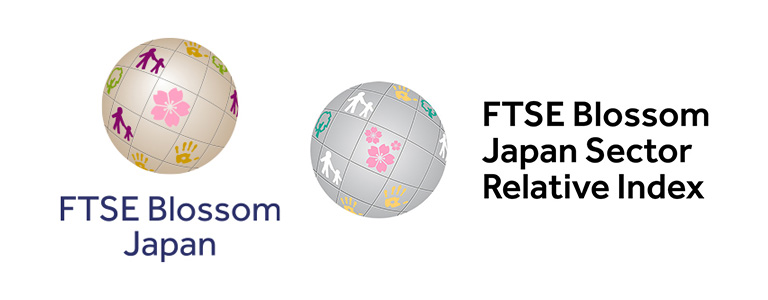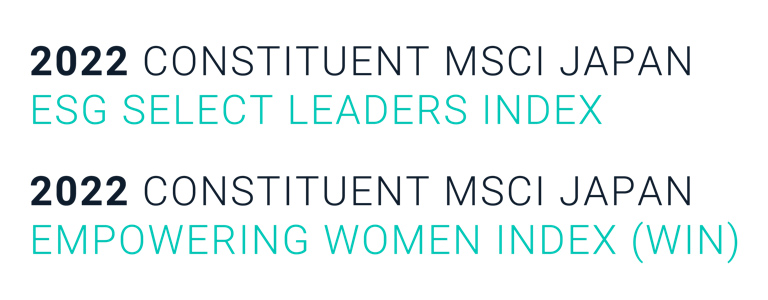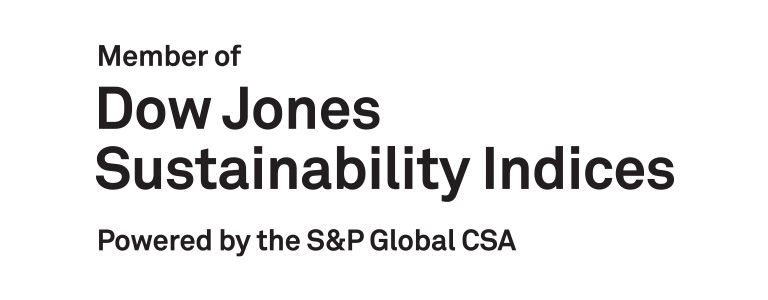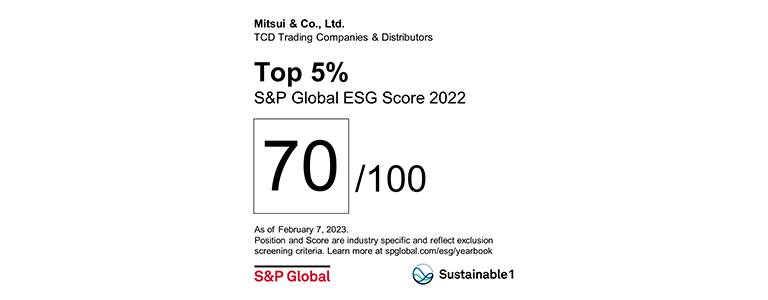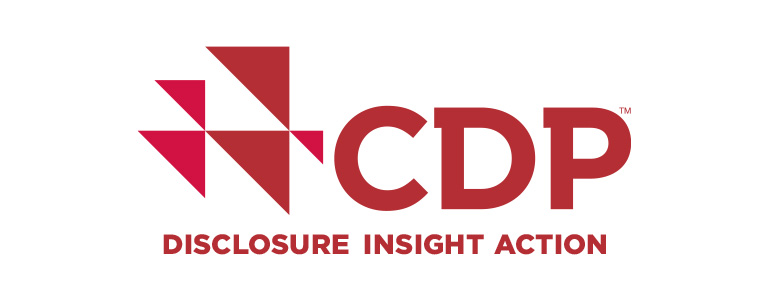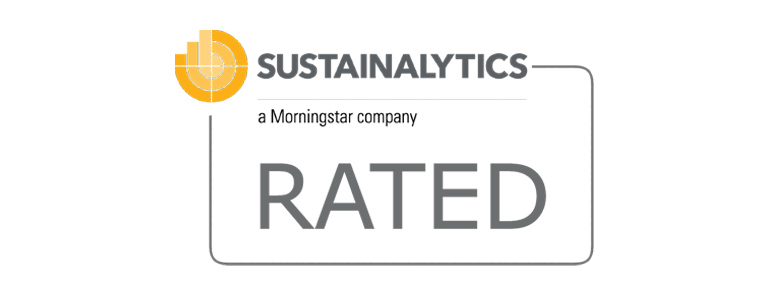Compliance and Integrity
Tax Transparency
Policies and Basic Approach
Basic Approach to Tax
One of the guiding principles of the Mitsui & Co. group is to comply with all applicable laws and regulations in operating countries and to act with integrity and the highest ethical standards. In the same way, we will strive to maintain and improve tax compliance in accordance with national and regional tax laws and regulations as well as standards published by international organizations, and will fulfill our corporate social responsibility by paying appropriate taxes.
We are committed to complying with our tax obligations and simultaneously managing our global tax costs in all operating countries. We publish the "Global Tax Management Basic Policy" as a basic policy for taxation of the entire group after reporting it to the Corporate Management Committee and the Board of Directors.
Global Tax Management Policy
We shall manage our taxes with high integrity and ethical values based on the following princeples.
- Tax compliance
We are committed to complying with all applicable laws, rules and regulations, and to following the spirit of the law in meeting our tax obligations in an appropriate and fair manner, including the engagement in open and constructive relationships with tax authorities, in our operational countries. - Tax management strategy
We are committed to continuously striving for effective tax cost management on a global group basis, such as the elimination of double taxation. However, we do not engage in artificial tax arrangements or structures as stated below:- Arrangements or structures without reasonable business purpose or commercial rationale other than the intention of tax avoidance.
- Arrangements or structures which inappropriately erode the tax basis, or shift the attribution of profits from a state based on economic activities and value creation to a state in which to achieve tax avoidance.
Published February 2017
Mitsui & Co., Ltd.
Sustainability Governance and Oversight
Tax Governance Structure
The Chief Financial Officer (CFO) promulgates and instructs the corporate policies for the appropriate tax compliance and the tax management strategy, and oversees execution of them.
The Global Controller and the Global Controller Division, under the general direction of the CFO, collaborate with the relevant accounting departments and conduct taxation duties under the following structure.
| Officer in Charge | Tetsuya Shigeta (Representative Director, Senior Executive Managing Officer, Chief Financial Officer (CFO)) |
|---|---|
| Promoting Division | Global Controller Div. |
We have introduced a process whereby the Headquarter Business Units, overseas trading subsidiaries, and subsidiaries, submit or report tax-related matters or risks to the Global Controller. We also have a process in place to check tax risks during the internal approval process for individual projects. The Global Controller and the Global Controller Division are responsible for tax management on the global group basis. Where significant tax matters or risks are identified through global tax management, the Global Controller notifies the CFO, Corporate Management Committee and Board of Directors in a timely and appropriate manner.
At Board of Directors' meetings, matters that are deliberated or reported on abide by the Company's internal regulations. In addition to matters concerning fundamental policies related to management, important business execution and matters authorized by resolutions of the General Meeting of Shareholders, the Board passes resolutions on matters determined by law and company statute, and also receives reports regarding matters determined by law and the status of important business operations. In doing so, it oversees the execution of duties, including tax related duties, by the management headed by the President, who serves as Chief Executive Officer.
The Audit & Supervisory Board Members audit the execution of duties, including tax related duties, of the Directors as an independent body with a mandate from the shareholders.

